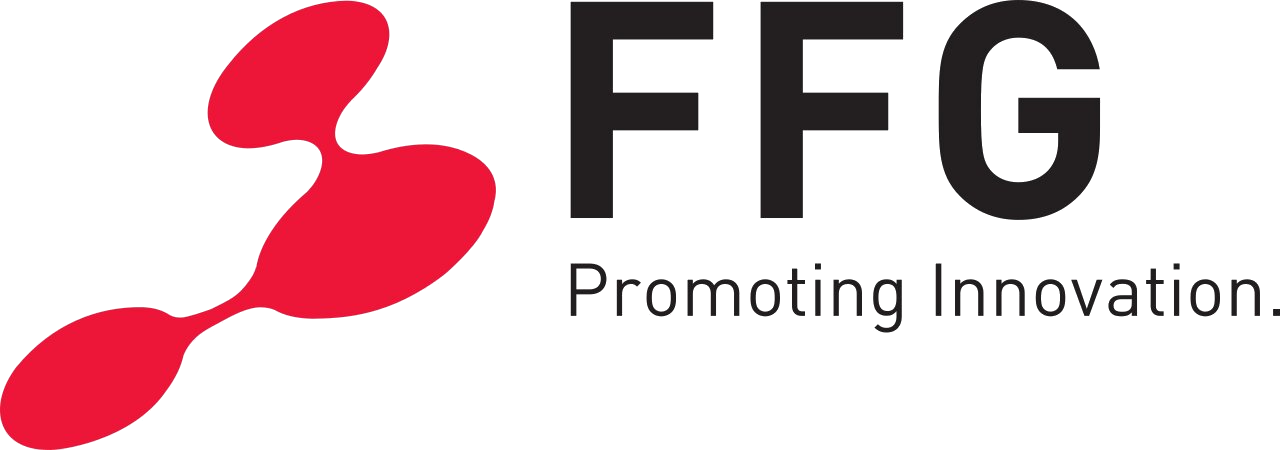An interview by Elisabeth Haslinger-Baumann about the Linked Care project is published on the APA homepage. To the original text (German)
Elisabeth Haslinger-Baumann is a graduate nurse and studied philosophy and political science at the University of Vienna and in the doctoral program in nursing science at the University UMIT Hall in Tyrol. She has more than ten years of experience as a certified health and nursing professional in Austria and abroad. From 1998 to 2013 she was employed at the Research Institute of the Rotes Kreuz (Vienna). Since 2014 she is responsible for teaching and research at the FH Campus Vienna. She established the Competence Center Applied Nursing Research at the Department of Applied Nursing Science and is leading it since 2019. She is project leader of several interdisciplinary projects at the interface of nursing and digitalization.
In the following interview, Elisabeth Haslinger-Baumann talks about the Linked-Care projekt:
What is special/new in the Linked Care-Projekt?
Prof. Elisabeth Haslinger-Baumann: Starting from mobile nursing and care services, LICA is intended to offer an interaction of the different professional groups such as nursing, care (also 24-hour care), therapeutic professions and medical services through an end-to-end digital communication and information exchange option. Existing digital systems will be taken into account. Interfaces will be developed to integrate these existing documentation systems.
The possible interfaces to physician software and pharmacy and documents available in ELGA help to avoid multiple entries. The development of essential standards (e.g. a care summary) and the inclusion of all affected target groups make it possible to develop practical IT tools for standardized networking in mobile care and nursing. Artificial intelligence provides "intelligent" sensor data on health aspects such as vital signs and can thus help to control the responsive interface of the portal.
The result will be an integrated, affordable, easy-to-use, well-connected IT system for care, support, therapy and also affected persons themselves.
What will be the benefits of LICA for those in need of care and their relatives, as well as for caregivers?
Prof. Elisabeth Haslinger-Baumann: Great benefits for affected persons/clients result from the active involvement in the nursing/care process. They can quickly gain insight into their own documentation, which is especially ensured by the easy-to-use user interface. In general, communication is simplified.
Finally, these advantages also lead to an increase in individual autonomy.
Relatives can thus be actively involved in the care process, depending on their needs or wishes. They benefit in that more targeted planning of informal care is made possible and obtaining information is greatly simplified. Advantages for nursing and caregivers: They have all relevant data at a glance in the care summary. The simple operation of the corresponding tools for documentation supports innovative work processes through simplified interdisciplinary and cross-setting collaboration.






